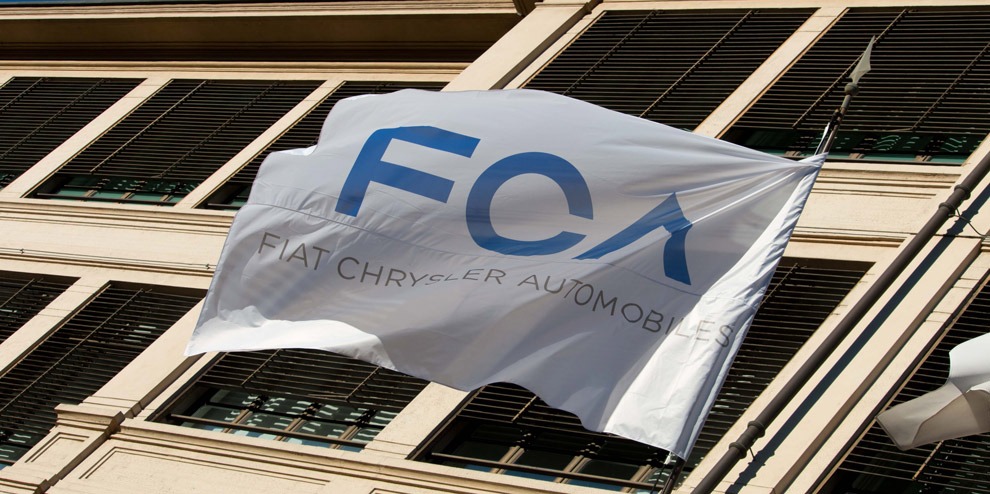EIB boosts financing for FCA’s EVs to €800 million
21 September 2020

21 September 2020
The European Investment Bank (EIB) has increased its financing of Fiat Chrysler Automobiles (FCA) to €800 million. In a joint statement, the companies confirmed the money will fund the manufacture of electric vehicles (EVs).
The investment will centre around the production of battery-electric vehicles (BEVs) and plug-in hybrids (PHEVs) at the carmaker’s plants in southern Italy. FCA said it looks to support employment in the area, as well as compliance with the ′strictest environmental criteria.’
Investment breakdown
In 2018, the manufacturing group announced it was investing €5 billion in Italy between 2019 and 2021, as it planned to boost EV production. To support this, EIB and FCA agreed a €300 million five-year loan in March, targeting PHEV production lines at the plant in Melfi, Basilicata, and BEV lines in Mirafiori, Piedmont.
The EIB credit line covers some 75% of the total value of FCA’s investment in this project between 2020 and 2023. This comes with a five-year loan term, as well as favourable interest rates owing to the AAA rating of the EIB’s bond issues.
More recently, the carmaker finalised a €485 million operation. Its Pomigliano plant in Campania will produce an innovative line of PHEVs. This will be supported by research, development and innovation (RDI) work largely carried out at FCA’s laboratories in Turin. The focus of this work will be electrification, connectivity and self-driving technology.
The recently concluded contracts consolidate the EIB and the FCA’s long-standing partnership, which since 2010 has resulted in 10 operations totalling €3.2 billion in financing. These have primarily supported technological innovation, which looks to have wide-ranging implications for manufacturing.
Electric investment
As the ′Stellantis’ merger between FCA and PSA Group continues to develop, this funding to help boost EV production capability and capacity can only come as good news. Given FCA’s comparatively sluggish start in the electrification race, there will now be an even greater reason for the two manufacturing groups to share knowledge, abilities and possibly even an EV platform.
It was reported in April 2019 that the two groups were exploring the potential to collaborate on a ′super-platform‘ to reduce investment costs. A shared technology like this would become the foundation for upcoming EVs from both carmakers.
Then, in August last year, news emerged that FCA would refresh its model line-up in Europe with a focus on two of its biggest sellers, the 500 and the Panda. Therefore, FCA will need as much support as possible to get models like these produced, not only to meet increasing EV demand but also strict EU emissions targets.
EU climate bank
The EIB is keen to make sure its financial activity helps support the development of EV technology. As the EU climate bank, it also looks to support investments which help mitigate climate change, in line with the objectives of the Paris Agreement.
In May last year, the bank provided Swedish startup Northvolt with a €350 million loan to build Europe’s biggest battery plant. The factory plans to have 32 gigawatt-hours of annual battery capacity by 2023 and will compete with Asian rivals including CATL, Samsung and LG Chem.
At the time, EIB vice-president Andrew McDowell said, ′the development of a competitive and green battery value chain within Europe can not only cut greenhouse gas emissions by decarbonising power generation and transport but can also help protect millions of well-paid jobs in European industries in the face of increasing global competition.’